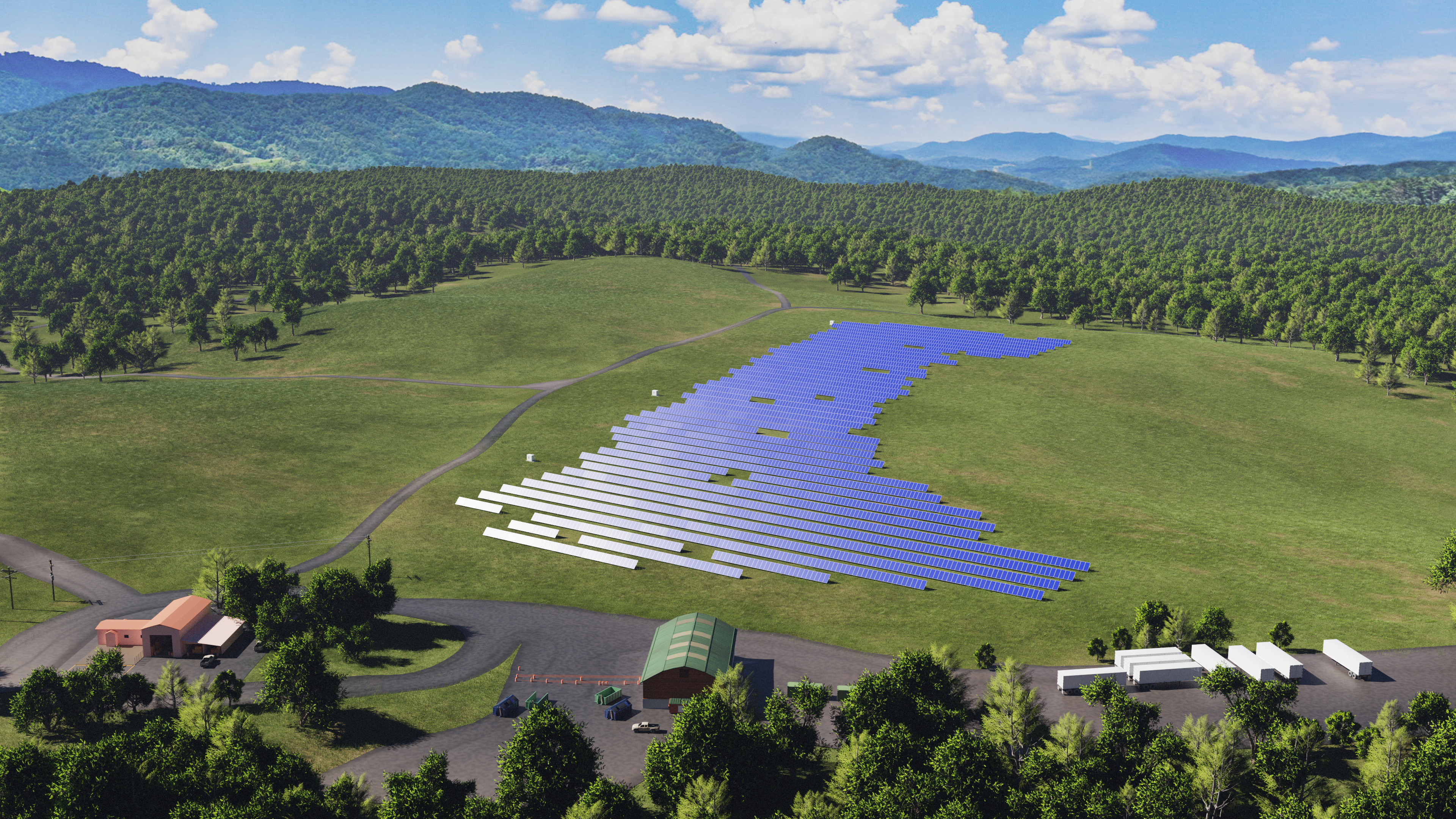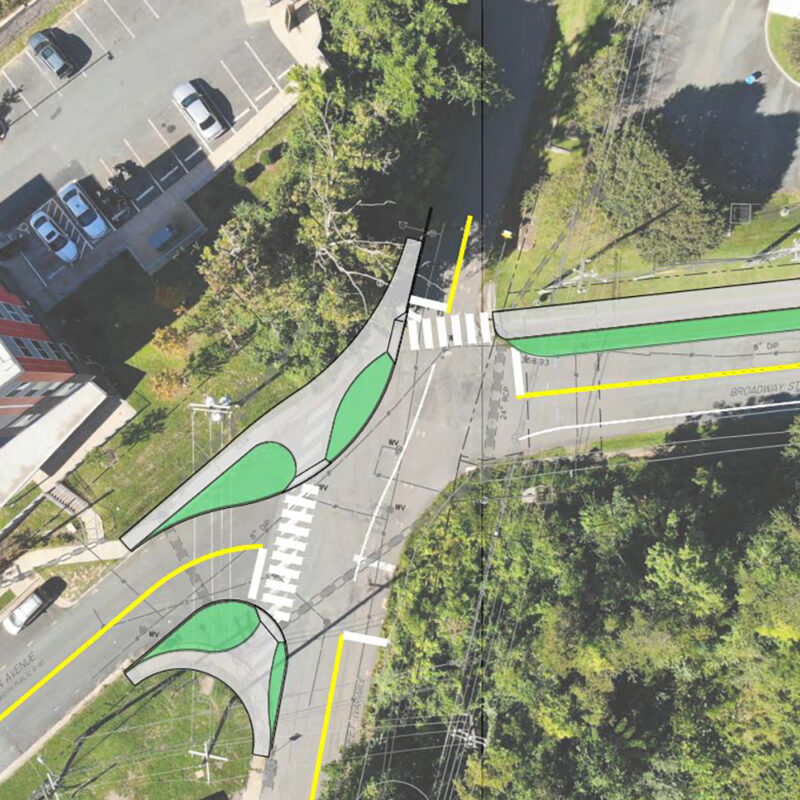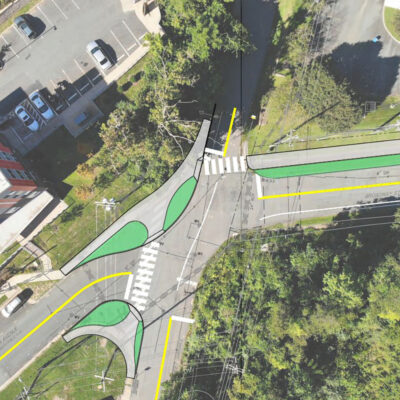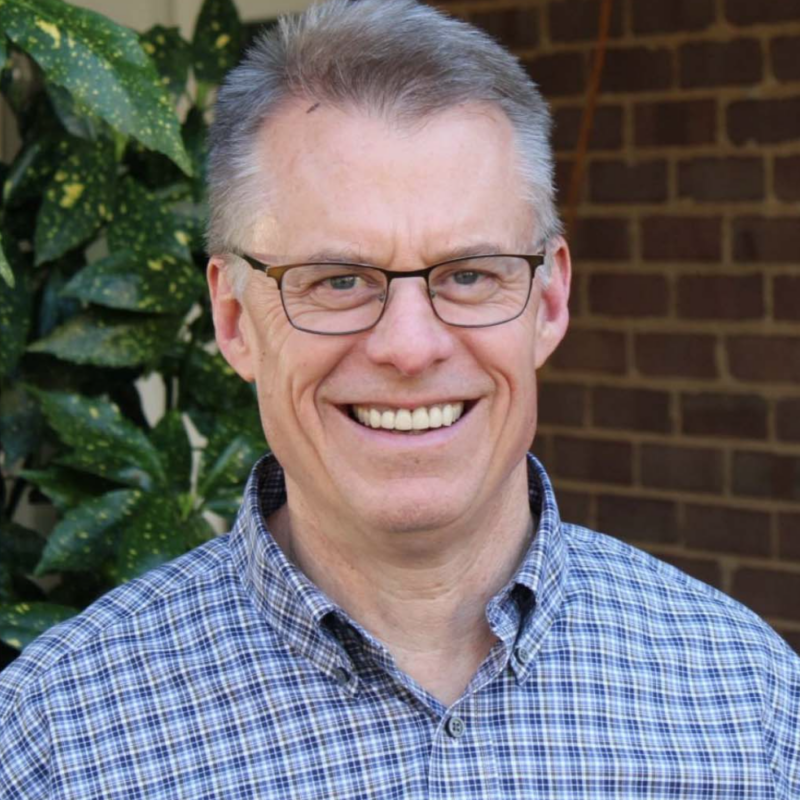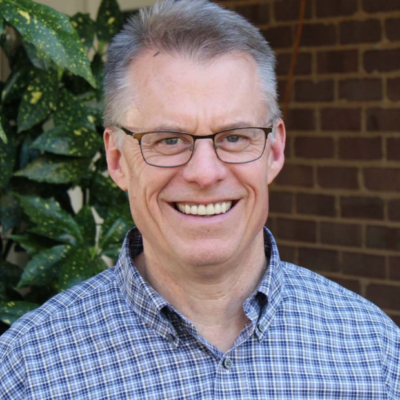The 2020 Virginia Clean Economy Act requires Dominion Energy to generate all of its power from renewable sources by 2045—but the company began looking at ways to add solar generation to its mix years earlier.
Efforts to use some of the real estate above the now-closed Ivy Landfill have been underway since 2017, with multiple steps required to get what seems like a simple idea off the ground.
Now the project, which will generate 3 megawatts, is moving closer to reality.
“Dominion Energy with their partners are moving forward with a solar array construction project at Ivy,” says Bill Mawyer, executive director of the Rivanna Solid Waste Authority.
The organization is responsible for mitigation of the now-closed Ivy Landfill, a portion of which is now the Ivy Solid Waste & Recycling Center. The landfill operated from 1966 to 2001; one of the reasons the RSWA exists is to monitor conditions and handle mitigation for any environmental damage.
“[Dominion Energy has] leased 17 acres from us and they’ve done a lot of electric power work out there,” Mawyer says.
Dominion will partner with Community Power Group, an organization that seeks to place solar panels on brownfields, such as a capped landfill in Washington County, Maryland, where it worked with officials on a 2.5-megawatt installation.
“Brownfields can have costly redevelopment costs or restrictions on disturbing contaminated soils, but putting solar on top of the land is a great option to revitalize a brownfield site and generate income on what otherwise may be considered a liability rather than an asset,” reads a CPG blog post.
The RSWA will net about $1,200 a year under the arrangement. That’s up from $800 a year when CPG first began renting the land from RSWA. The next installment will be a $100,000 lump payment to cover the next 25 years, according to RSWA solid waste manager Phil McKalips.
Using landfill space is less controversial than using agricultural land. Many localities in rural Virginia are seeking to put limits on solar fields or ban them altogether.
“By using brownfield properties, these concerns are mitigated as the land has already been developed,” McKalips says. “In our case, the potential future uses of our closed landfill cells are pretty limited, so returning the property to productive use is very positive.”
Dominion could not enter into a partnership with CPG until after other 2020 legislation, which allowed the company and Appalachian Power to enter into distribution agreements, was passed.
The project also needed a special use permit from the Albemarle County Board of Supervisors, something that was granted in November 2021. The State Corporation Commission approved the project, and construction should start soon.
“Hopefully the constructor, SunTribe, will be able to knock this project out and we may be operational by the end of the year,” McKalips says.
McKalips says this is among the first landfills in Virginia to co-locate with a solar array. A representative from Dominion Energy said it is the first time his company has done so.
